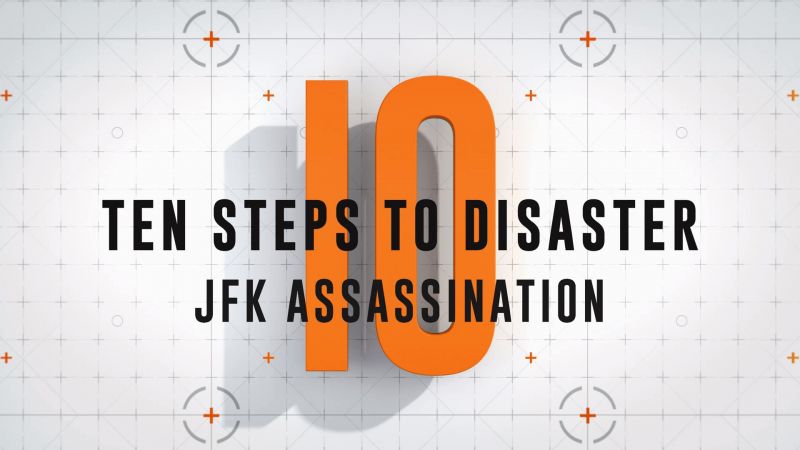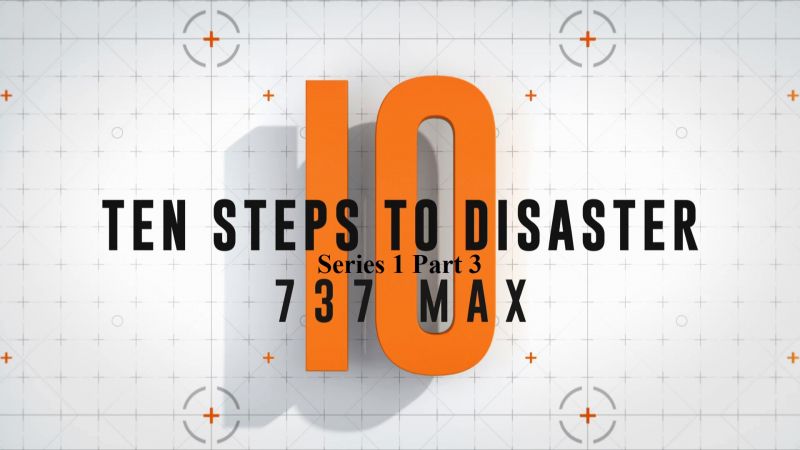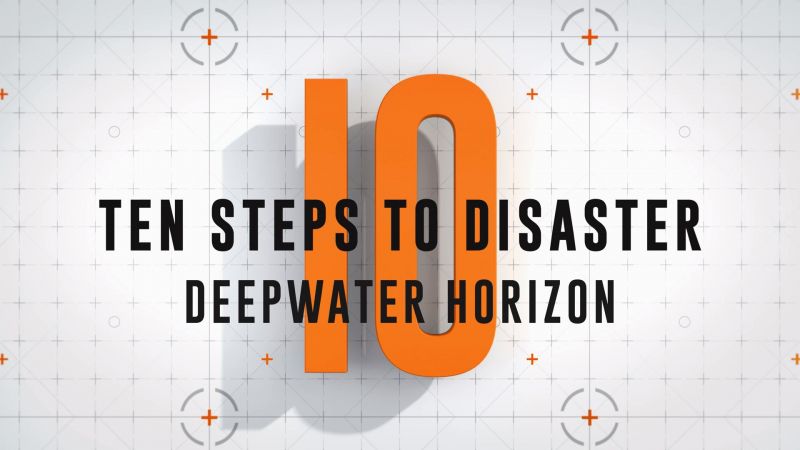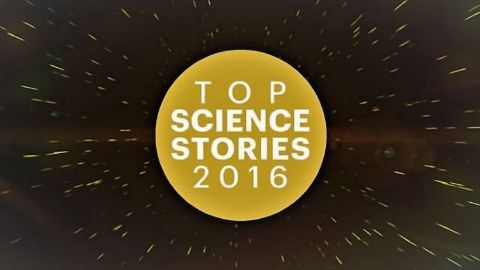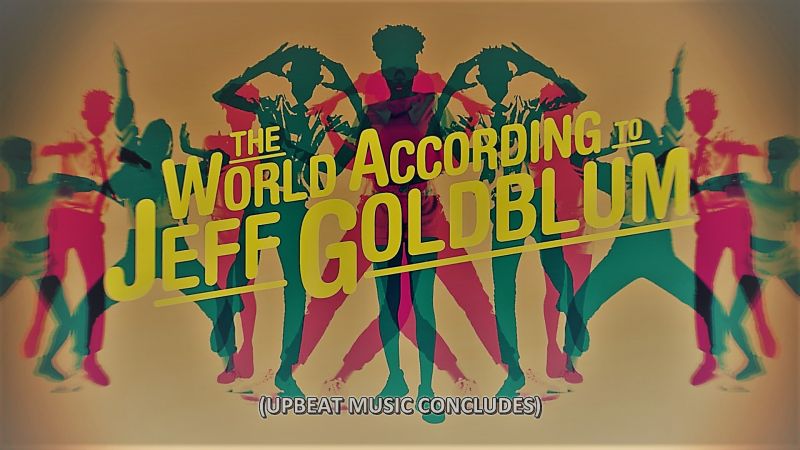Twin Towers • 2021 • episode "S1E1" • Ten Steps to Disaster
For over 25 years, the Twin Towers defined the New York skyline and epitomized everything the United States stood for. And then in just a couple of hours, they were gone. 9/11 remains the deadliest act of terrorism on American soil, but how did an attack of this scale happen and why were we so unprepared for it? Through investigative reports, declassified documents, and interviews with first responders and those who were involved at the highest level, we reveal ten fatal mistakes that together led to that horrific, tragic day.
Make a donation
Buy a brother a hot coffee? Or a cold beer?
Hope you're finding these documentaries fascinating and eye-opening. It's just me, working hard behind the scenes to bring you this enriching content.
Running and maintaining a website like this takes time and resources. That's why I'm reaching out to you. If you appreciate what I do and would like to support my efforts, would you consider "buying me a coffee"?
Donation addresses
BTC: bc1q8ldskxh4x9qnddhcrgcun8rtvddeldm2a07r2v
ETH: 0x5CCAAA1afc5c5D814129d99277dDb5A979672116
With your donation through , you can show your appreciation and help me keep this project going. Every contribution, no matter how small, makes a significant impact. It goes directly towards covering server costs.

